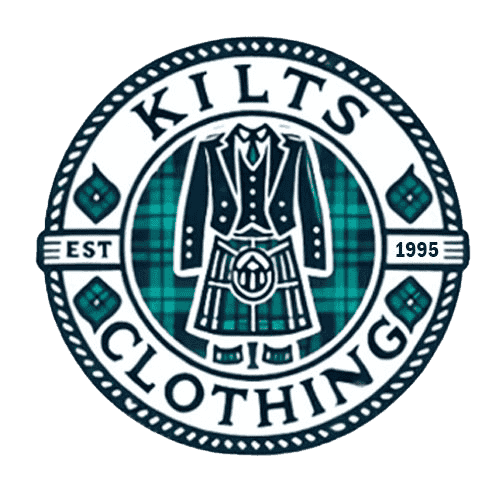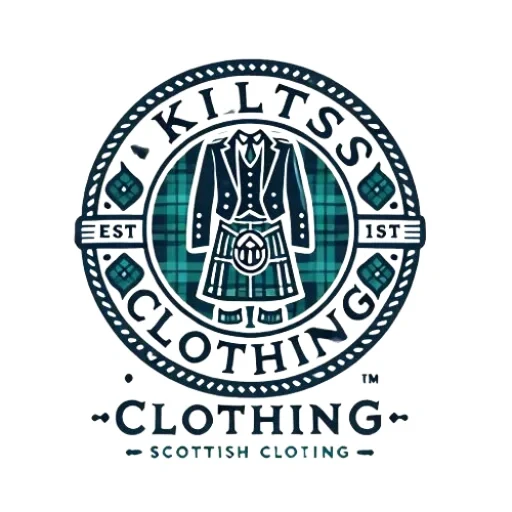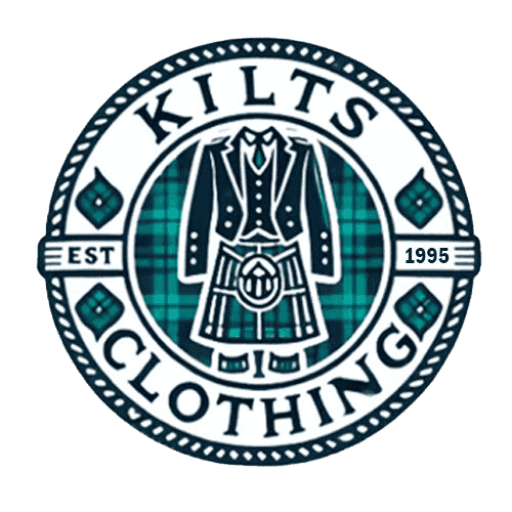The Ultimate Guide to Sport Kilts
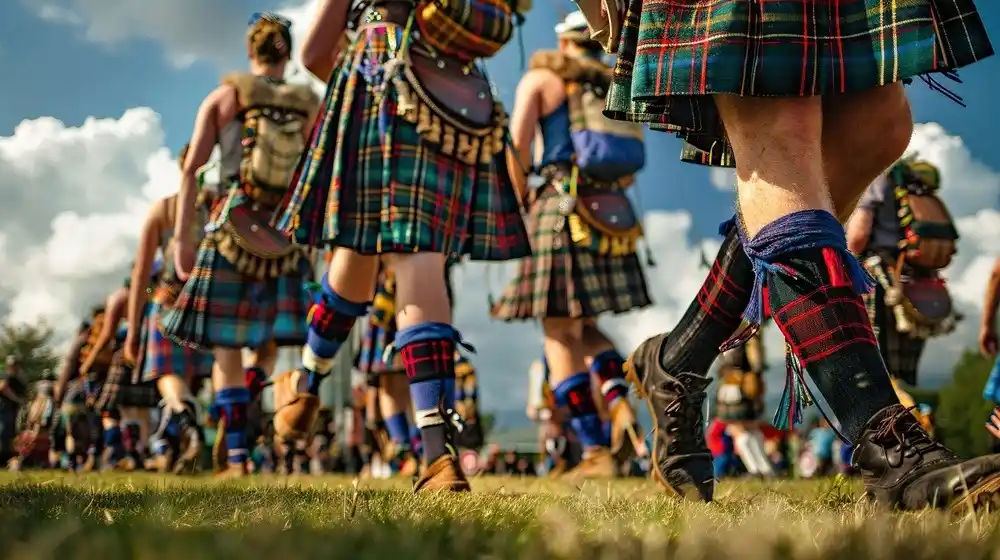
Introduction
The cargo kilt is a modern twist on a traditional Scottish garment, combining the heritage of the mens kilt with the functionality of cargo pants. This innovative design is popular for its comfort, practicality, and unique style.
Whether you're looking for a new fashion statement or a practical outfit for various activities, the cargo kilt offers a versatile option that stands out.
What is a Cargo Kilt?
A cargo kilt is a contemporary adaptation of the traditional Scottish kilt. Unlike the traditional kilt, typically made of tartan wool and worn for formal occasions, the cargo mens kilt is designed for everyday wear and practicality.
It features multiple pockets, similar to cargo pants, providing ample storage space while maintaining the classic pleated design. Cargo kilts are often made from durable materials like cotton, canvas, or denim, making them suitable for various activities.
History of Kilts
The traditional kilt has a rich history dating back to the 16th century in Scotland. Originally worn as a full-length garment known as the "great kilt," it was later shortened to the knee-length version we recognize today. Kilts were traditionally made of tartan fabric, with each pattern representing a specific clan.
The cargo kilt is a modern innovation, emerging in the late 20th century as a practical alternative to the traditional kilt. It retains the pleated structure but incorporates contemporary elements like pockets and durable fabrics.
Materials Used in Cargo Kilts
Cargo kilts are crafted from various materials to suit different needs and preferences. Common fabrics include:
- Cotton: Lightweight and breathable, ideal for warm weather.
- Canvas: Durable and rugged, perfect for outdoor activities.
- Denim: Stylish and versatile, suitable for casual wear.
- Polyester Blends: Resistant to wrinkles and easy to care for.
Each material offers unique benefits, and the choice depends on the kilt's intended use. Proper care and maintenance are essential to ensure the fabric's longevity.
Design and Features of Cargo Kilts
Cargo kilts are designed with functionality and style in mind. Key features include:
- Pockets: Multiple spacious pockets for carrying essentials.
- Pleats: Traditional pleated design for a classic look.
- Closures: Adjustable waistbands, buckles, or Velcro for a secure fit.
- Unique Elements: Some cargo kilts include D-rings, loops, or additional straps for functionality and style.
These design elements make cargo kilts suitable for various activities, from casual outings to outdoor adventures.
Why Choose a Cargo Kilt?
There are several reasons why individuals might choose a cargo kilt over traditional pants or kilts:
- Comfort: The loose-fitting design allows for better airflow and freedom of movement.
- Practicality: Multiple pockets provide ample storage space for everyday essentials.
- Versatility: Suitable for various activities, from work to leisure.
- Style: Unique and eye-catching, offering a blend of tradition and modernity.
Whether for work, play, or fashion, cargo kilts offer a practical and stylish alternative to conventional clothing.
Types of Cargo Kilts
Cargo kilts come in various styles to suit different tastes and purposes:
- Casual Cargo Kilts: Lightweight and comfortable, ideal for everyday wear.
- Utility Cargo Kilts: Made from durable materials like canvas, designed for heavy-duty use.
- Formal Cargo Kilts: Incorporate elements of traditional kilts suitable for special occasions.
- Sport Cargo Kilts: Designed for active pursuits, featuring moisture-wicking fabrics and additional support.
Each type serves a specific purpose, allowing wearers to choose the best option for their needs.

How to Wear a Cargo Kilt
Styling a cargo kilt can be both fun and versatile. Here are some tips:
- Casual Look: Pair with a simple T-shirt, hoodie, and sneakers for a relaxed outfit.
- Workwear: Combine with a button-up shirt and sturdy boots for a professional yet comfortable look.
- Outdoor Activities: Wear with a moisture-wicking shirt and hiking boots for optimal performance.
- Special Occasions: Dress up with a formal shirt, blazer, and dress shoes for an elegant appearance.
Accessories like belts, sporrans, and hats can enhance the look, adding a personal touch to the ensemble.
Cargo Kilts for Work
Cargo kilts can be a practical choice for various professional settings. Their multiple pockets allow workers to carry tools and essentials, while the comfortable design ensures ease of movement.
Industries such as construction, landscaping, and event management can benefit from the utility and functionality of cargo kilts. Additionally, cargo kilts can make a unique and memorable uniform, setting businesses apart and creating a distinct brand image.
Cargo Kilts for Outdoor Activities
For outdoor enthusiasts, cargo kilts offer several advantages:
- Mobility: The loose-fitting design allows for a full range of motion.
- Breathability: Increased airflow helps keep the wearer cool during strenuous activities.
- Storage: Ample pockets for carrying gear, snacks, and other necessities.
- Durability: Made from rugged materials that can withstand the elements.
Whether hiking, camping, or other outdoor activities, a cargo kilt can provide comfort and practicality.
Cargo Kilts for Casual Wear
Cargo kilts are perfect for everyday fashion, offering a unique and comfortable alternative to pants or shorts. They can be styled in various ways to suit different preferences and occasions. From running errands to meeting friends for coffee, a cargo kilt adds a touch of individuality and flair to casual outfits.
Cargo Kilts for Special Occasions
While cargo kilts are typically seen as casual or useful, they can also be dressed up for special occasions. Formal cargo kilts often incorporate traditional elements like tartan patterns and decorative buckles, making them suitable for weddings, parties, and cultural celebrations. Paired with the right accessories, a cargo kilt can make a bold and stylish statement.
Customizing Your Cargo Kilt
One of the appealing aspects of cargo kilts is the ability to customize them. Options for personalization include:
- Embroidery: Adding names, logos, or designs.
- Fabric Choice: Selecting different materials and colors.
- Adjustable Features: Customizing waistbands, lengths, and pocket configurations.
Bespoke cargo kilts allow individuals to create a garment that reflects their style and needs.
Buying Guide for Cargo Kilts
When purchasing a cargo kilt, consider the following factors:
- Material: Choose a fabric that suits your intended use and climate.
- Fit: Ensure the kilt fits comfortably and allows for easy movement.
- Pockets: Look for kilts with enough pockets to meet your storage needs.
- Quality: Check for durable construction and reliable closures.
Reputable retailers and online stores offer a wide range of cargo kilts, catering to different preferences and budgets.
Caring for Your Cargo Kilt
Proper care and maintenance can extend the life of your cargo kilt. Here are some tips:
- Washing: Follow the care instructions on the label, typically recommending gentle washing and avoiding harsh detergents.
- Drying: Air dry to prevent shrinkage and maintain fabric integrity.
- Storage: Store in a cool, dry place, and avoid prolonged exposure to direct sunlight.
- Repairs: Address any tears or damage promptly to prevent further wear.
Taking care of your cargo kilt ensures it remains a functional and stylish part of your wardrobe.
Cargo Kilts in Popular Culture
Cargo kilts have appeared in various media forms, contributing to their growing popularity. They have been featured in movies, TV shows, and even worn by celebrities. This exposure has helped to highlight the versatility and unique appeal of cargo kilts, making them a trendy choice for those looking to make a fashion statement.
Cargo Kilts vs. Traditional Kilts
While cargo kilts and traditional kilts share some similarities, there are key differences:
- Material: Traditional kilts are often made of wool, while cargo kilts use modern fabrics like cotton and canvas.
- Design: Cargo kilts feature multiple pockets and practical elements, whereas traditional kilts focus on aesthetics and cultural significance.
- Use: Traditional kilts are typically worn for formal events and cultural ceremonies, while cargo kilts are designed for everyday wear and activities.
Both styles have their unique charm and serve different purposes, allowing individuals to choose the one that best suits their needs.
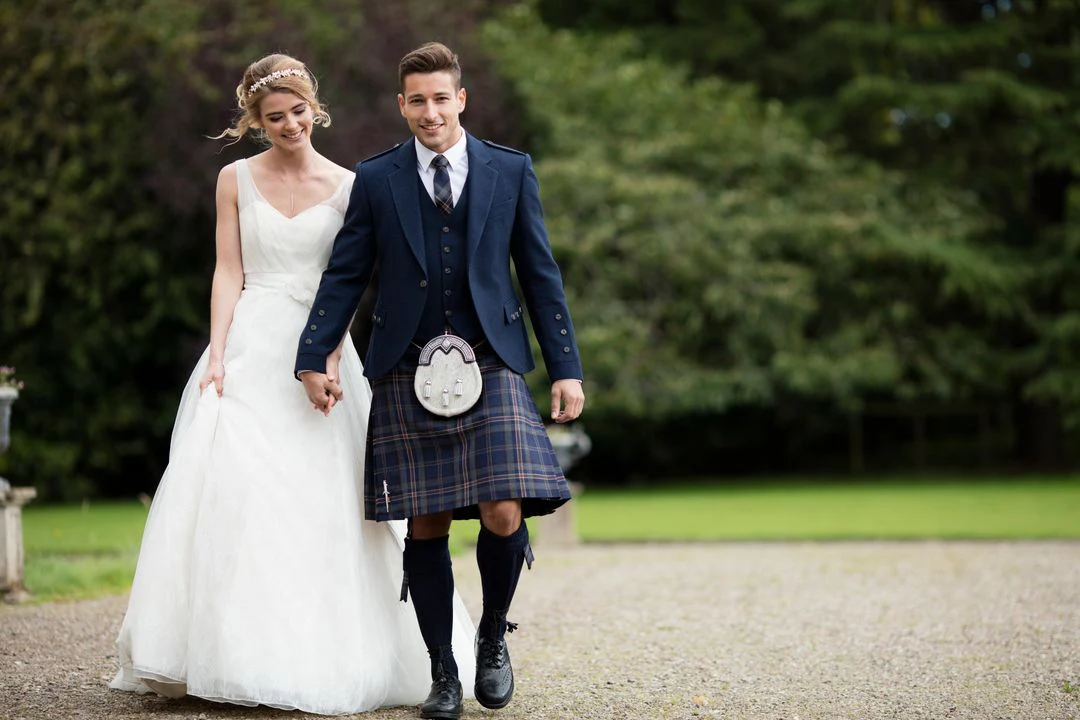
Conclusion
Mens kilt offer a modern, functional twist on a traditional garment, combining practicality with unique style. The cargo kilt provides versatility and comfort for work, outdoor activities, or casual wear. You can make the most of this innovative clothing choice by understanding the features, benefits, and styling options. Embrace the cargo kilt and enjoy a blend of heritage and contemporary fashion.
FAQs
A tartan sash is typically draped over the shoulder and secured with a brooch. It can be worn over one shoulder or across the body, depending on the occasion and personal preference.
In the rich tapestry of Scottish tradition, women traditionally wear a tartan sash over the left shoulder. This positioning is not just a matter of style, but a sign of respect for the deep-rooted cultural norms of Scotland.
To ensure your comfort, drape the sash over your dominant shoulder and fasten it with a brooch at the shoulder or hip. The key is to make sure it hangs evenly and comfortably, allowing you to move with ease.
A mini tartan sash can be worn similarly to a regular sash but is often styled around the waist like a belt or over the shoulder for a more contemporary look.
A sash is typically draped over one shoulder and fastened with a brooch or pin at the hip or shoulder. It should hang neatly and not restrict movement.
A Cornish tartan sash is worn over the left shoulder and secured with a brooch. It follows the same traditional styling as other tartan sashes but features the unique Cornish tartan pattern.
A Scottish tartan sash is worn over the left shoulder and fastened with a brooch. It can be styled in various ways, such as across the body or over the shoulder, to reflect personal preference and occasion.
